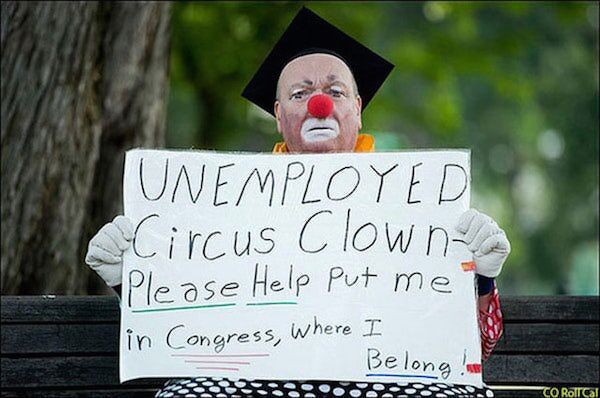IT seems that no one among elected officials would like to talk about it publicly, but one of them did recently. I’m not naming names because, by now, the official may have changed his mind about the urgency of saying out loud what other politicians would rather keep to themselves.
Here’s what he said:
There have been lots of criticism directed at the administration mainly because of the cutbacks it had to implement after Yutu and because of Covid-19. “A lot of people in government just want to spend. They [don’t] care. [They] don’t care what the [other] department’s budget is. ‘I’m gonna use my budget, and if I can get more I’ll get more.’ We kept going through this cycle but we can’t continue doing this. Even if it’s painful we’ve to fix it.” But trying to fix it — through cost-cutting measures — “didn’t go over well with a lot of people, particularly [the] department heads…. We’ve a very small economy and it’s very fragile…. We went through the resources we got [from IPI] in a matter of…months. We had $15 million, $20 million, $160 million from the casino industry: fees, taxes, general revenue. We went through those monies like it was nothing….”
What the official didn’t mention was the reason why the government spends a lot of money: it has a lot of annual, recurring obligations. For example, the Commonwealth owes the Settlement Fund over $700 million, and the government has to fork over $40 million in annual payments. The federal court’s judgment will be enforced if the CNMI reneges on the settlement agreement. That would be a truly grim scenario for the Commonwealth which, meanwhile, also has to fund medical referrals, public health, public education, scholarships, public safety, public works and emergency operations while meeting payroll and paying its other vendors.
Government cannot be run like a business; it can only be, and is usually, run into the ground.
To survive, a private company must operate efficiently and make a profit: it must offer products and/or services that consumers would like to purchase. Government thrives even though it is overstaffed and sloppy. A private company spends its own money which it has to earn (or borrow). Government spends other people’s money which it can seize (or, if it’s a national government, print).
Savings for a private company can mean pay raises for employees or better equipment, improved products and services. A government agency usually do not report “savings” because it may result in a budget cut. (“Oh, so you spent less than what we appropriated for you; that means you need less funding.”) As Daniel Tenreiro would put it, the first rule of bureaucracy is: “Never say no to money.”
Government waste and inefficiency are not “bugs in the system”; they’re its main features.
But most of us prefer to believe that we can elect the right people with the right plan, and they can make things right.
How many “right people with the right plan” have been elected “since ever since”?
Regardless of who’s in office, things will never improve unless the economy improves and generate the revenue to pay for the many many services and programs, etc. that voters expect and demand from their government.
So far in CNMI history, when the economy was stagnant, those in office would blame their predecessors for the problems caused by lack of funding. But when the economy improved and more revenue was collected, people complained about something else.
Incidentally, the last time the economy was growing, lawmakers actually considered re-establishing a government retirement system that had, only a few years ago, brought the government to its knees. Why? Because many voters — government employees — supported the proposal.
And what do you call a politician who doesn’t care about popularity?
Unemployed.
And so, in every election year, regardless of the candidates’ lofty political platforms and/or manifestoes, educational background, etc., the only true campaign theme is this:
“I’m not the other guy you don’t like, you don’t trust, you don’t agree with — or the one who didn’t give you a job or a contract; the one who didn’t do you a favor. I’ll be who you want me to be, and I will say what you want me to say.”
In each election year, they’re all for reducing the size of government, for cutting costs, for streamlining bureaucracy, for clean government, for (to quote Imelda Marcos), the true, the good, the beautiful. And they, like their predecessors and successors, will promise the same things in the next elections because not a lot of voters will ask, “Wait a minute. Why is it that we keep electing people who make the same promises, but government is still big, if not getting bigger, is spending more and wasting more, is still entangled in red-tape, is neither good nor clean, etc., etc.?”
According to idealists, H.L. Mencken once wrote, it is the duty of honorable men and women to go into politics, and “that there is a way out of the quagmire in that direction.” But this remedy, he added, “is quite as absurd as all the other sure cures that [the idealists] advocate. When they argue for it, they simply argue, in words but little changed, that the remedy for prostitution is to fill the bawdy-houses with virgins. My impression is that this last device would accomplish very little: either the virgins would leap out of the windows, or they would cease to be virgins.”
Send feedback to editor@mvariety.com












